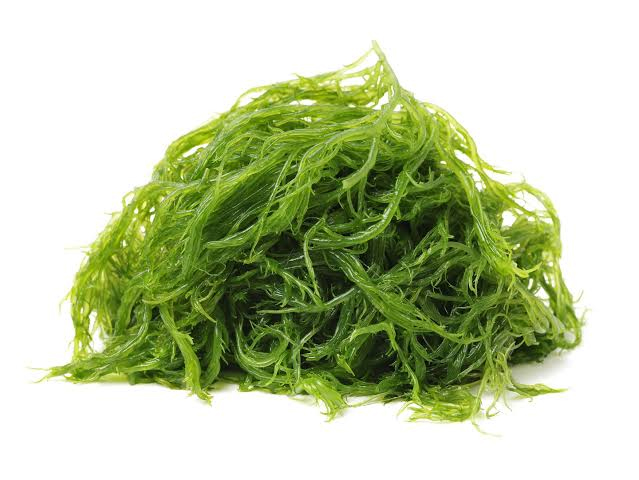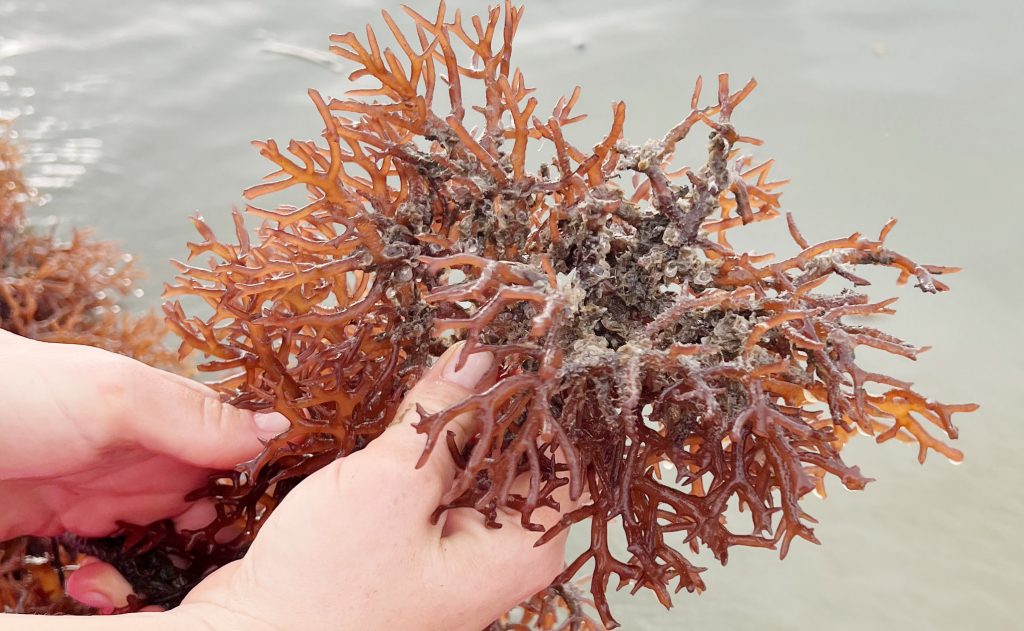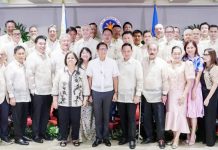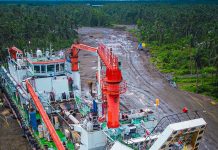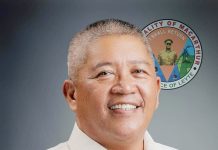TACLOBAN CITY – The seaweed industry in Leyte is set for a major revival as the provincial government rolls out scientific interventions to address declining yields linked to global warming, according to the Provincial Agriculture Office(PAO).
The initiative, led by Governor Carlos Jericho Petilla, is in collaboration with the Department of Science and Technology (DOST), the Bureau of Fisheries and Aquatic Resources (BFAR), Eastern Visayas State University (EVSU)-Carigara Campus, De La Salle University, and various local government units.
Central to the effort is the project titled “Development of Seaweed Stress Biosensor and Water Characterization of Seaweed Farms in Leyte,” launched in 2022 to monitor water quality and environmental conditions critical to seaweed farming. The ultimate goal: design a biosensor that detects early stress signals in seaweed, enabling timely interventions.
Recently, the province acquired these biosensors for deployment in major seaweed farms, starting in Barangay Dawahon in Bato town. The device monitors key parameters such as dissolved oxygen, salinity, pH level, temperature, and light intensity—factors essential for growth and yield. It also flags early disease symptoms, giving farmers time to prevent large-scale losses.
“This technology gives us real-time data to help farmers decide which varieties to plant and when, ensuring higher yields and resilience against environmental stress,” the PAO said.
Active seaweed farms in Leyte include Barangay Dawahon in Bato, Barangays Sabang and Kawayan in Tabango, Barangay Libjo in Merida, Barangay Cambinoy in Palompon, and Barangay Gov. E. Jaro in Babatngon, with expansion planned in Calubian.
The province cultivates three main varieties: Eucheuma denticulatum, Kappaphycus alvarezii, and Kappaphycus estrianum, primarily marketed in Tacloban and Cebu.
With global demand for carrageenan—an extract from seaweed—on the rise, officials believe the introduction of biosensors could help Leyte farmers regain competitiveness and protect a livelihood that supports hundreds of coastal families.
(JOEY A. GABIETA/ROEL T. AMAZONA)

